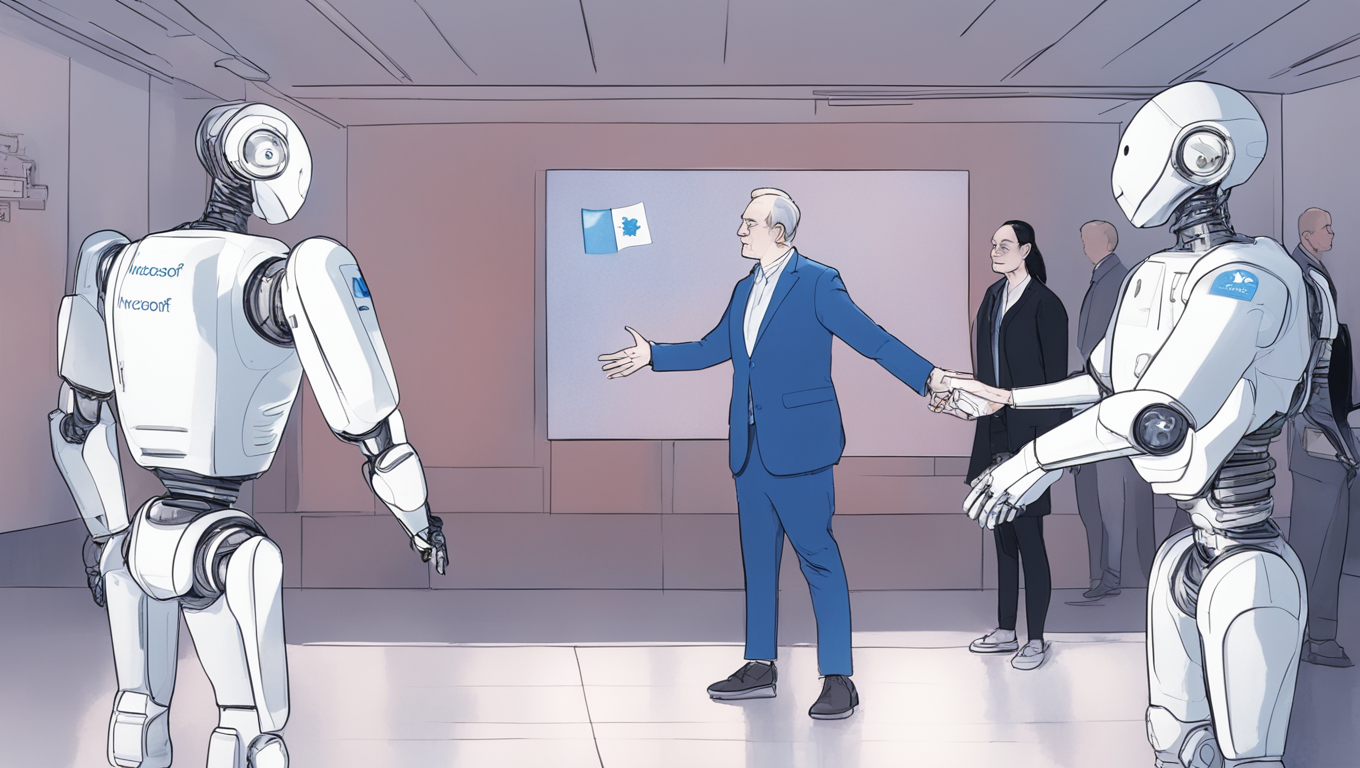EU Antitrust regulators have determined that Microsoft’s investment in OpenAI is not an acquisition, thus avoiding a formal European probe. The deal, worth $13 billion, could have potentially led to significant remedies for Microsoft. However, the European Commission did state that it will continue to investigate partnerships between large digital market players and generative AI developers, as they may possess excessive market power. While Microsoft seems to be in the clear for now, they are not completely out of the woods.
In other news, Google has recently announced updates to its artificial intelligence offerings for cloud computing customers. Despite setbacks in consumer-facing tools, Google reassures the public that its AI technology is safe and ready for use in the corporate realm. At a recent cloud computing conference in Las Vegas, Google Cloud CEO Thomas Kurian unveiled the capabilities of the company’s most powerful AI model, known as Gemini. Gemini can be used for various purposes such as creating advertisements, combating cybersecurity threats, and generating short videos and podcasts.
Corporate customers will be able to rely on Gemini’s query responses by grounding them with reliable sources of information. In other words, Google is incorporating search results as a source for the AI model’s answers, ensuring greater accuracy and freshness. Kurian expressed his excitement about the adoption of generative AI technology by enterprises, stating that they are now transitioning from pilot phases to full-scale deployment.
Despite trailing behind Amazon and Microsoft in the cloud computing market, Google sees this sector as an opportunity for substantial growth. With the profitability of its cloud unit reported in 2023, Google aims to leverage its expertise in AI to close the gap with its competitors. Moreover, following the success of OpenAI’s ChatGPT among college students and the general public, both Google and its cloud competitors believe that 2024 will be the year for generative AI to make its mark in the corporate world. As a result, the race is on among these tech powerhouses to capture the market’s attention.
Meanwhile, OpenAI, the Microsoft-backed startup and Google’s main competitor in the AI sector, is also targeting corporate customers. The number of sign-ups for OpenAI’s ChatGPT Enterprise has surpassed 600,000, indicating a growing interest in their offerings.
As the adoption of AI technology continues to rise, both Microsoft and Google are capitalizing on the immense potential of generative AI in the corporate world. With their groundbreaking AI models and strategic partnerships, these tech giants are determined to stay ahead of the curve and shape the future of AI-driven solutions.





Use the share button below if you liked it.